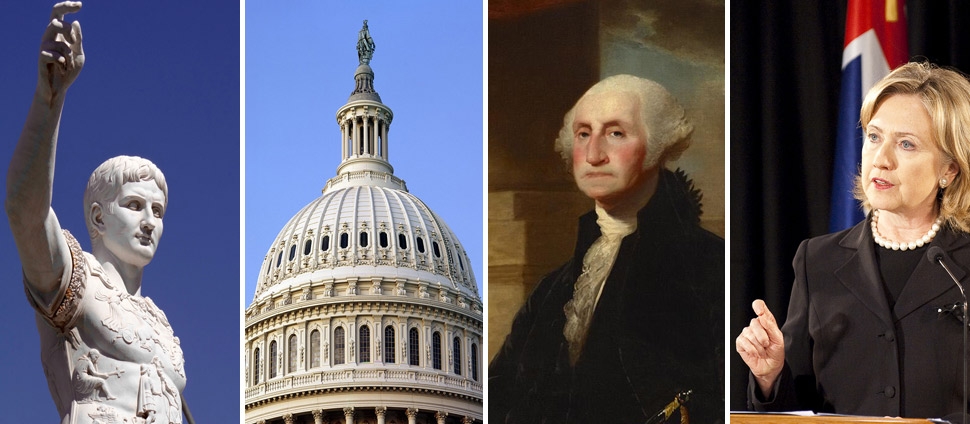Document Type
Article
Publication Date
4-25-2018
Publication Title
Revista Universitaria de Historia Militar
Abstract
Mujeres Libres, an organization of anarchist women established during the Spanish Civil War, was characterized by a dual focus on capacitación (empowerment) and captación (mobilization): (a) empowering women to enable them to recognize and act on their own potential and (b) mobilizing them into the organizations of the broader libertarian movement. An exploration of the activist biographies of two of its three founders (Lucía Sánchez Saornil and Mercedes Comaposada), as well as of two of its younger activists (Soledad Estorach and Sara Berenguer), makes clear how reflecting on personal experience within a larger political frame led to the creation of the organization and to its appeal to its base of (largely) working-class women. Although it did not frame its analysis in these terms, Mujeres Libres effectively prefigured mid-twentieth century feminist analyses of the social construction of women’s subordination as well as feminism’s claims about the relationship between “the personal” and “the political”.
Founded officially as a federated organization in Valencia in 1937, Mujeres Libres’ roots were laid in small gatherings in different parts of the country in the preceding years. In this paper, I explore those roots through attention to the personal histories of these four activists, drawing on their writings, memoirs and personal interviews. The paper argues that, although Mujeres Libres did not define itself as a “feminist” organization, many of the writings of its founders—and, in particular, their analyses of the nature and causes of women’s subordination that appeared in journals both before and during the Civil War—would find echo in later 20th and 21st century feminism. Especially significant was Mujeres Libres’ insistence on the relationship between anarchist analyses of relations of domination and subordination in the society at large and the specific subordination of women, both within society and in the movement, itself. While it addressed problems that women confronted as individuals, Mujeres Libres was not interested in individual solutions. Rather, its goal was to develop programs that would empower women to take their places alongside other women (and men) in workplaces and in movement activism, while, at the same time, supported by other women, to take more effective charge of their lives, their households, their sexuality, and the education of their children. In doing so, they reflected not only the overall commitment of the libertarian movement to the inseparability of war and revolution, but also their own recognition of the inseparability of personal and collective liberation, the interweaving of “the personal” and “the political.”
Keywords
mobilization, empowerment, feminism, “the personal and the political”, social construction of women’s subordination
Volume
7
Issue
13
Creative Commons License

This work is licensed under a Creative Commons Attribution 4.0 International License.
Rights
Licensed to Smith College and distributed CC-BY under the Smith College Faculty Open Access Policy.
Version
Author's Accepted Manuscript
Recommended Citation
Ackelsberg, Martha A., "Activism, Revolution and War: Mujeres Libres Addressing the Personal and the Political" (2018). Government: Faculty Publications, Smith College, Northampton, MA.
https://scholarworks.smith.edu/gov_facpubs/12


